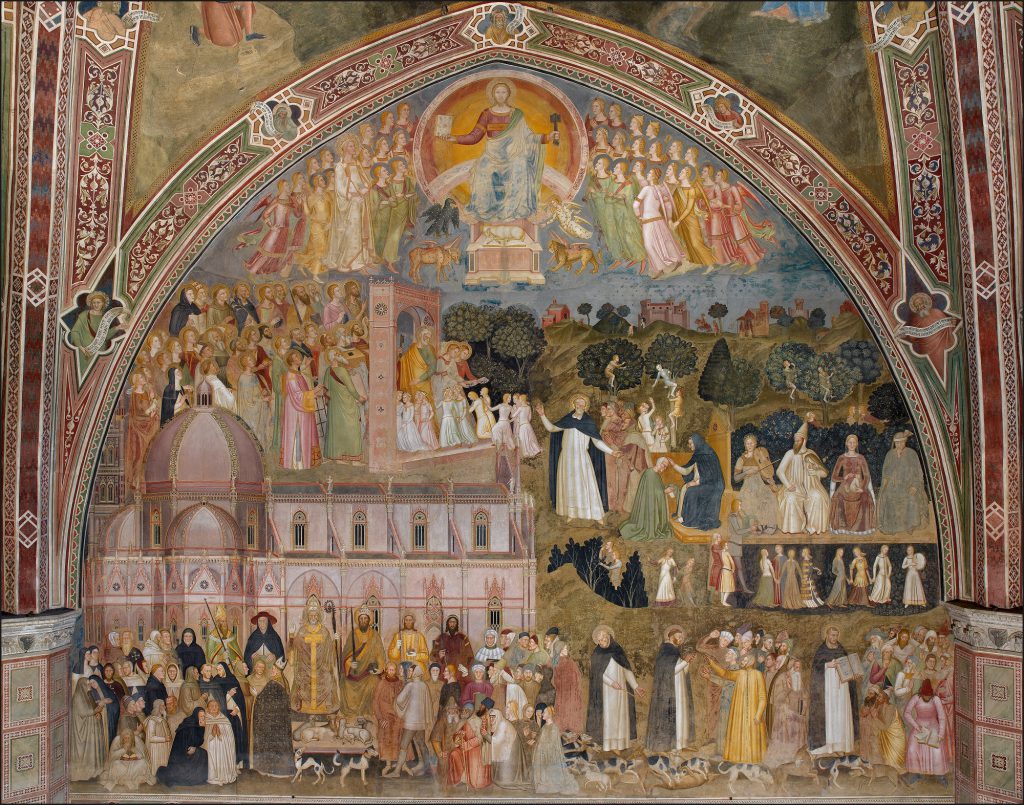
Published June 20, 2019
One year ago today, the Archdiocese of New York announced that an investigation it conducted had determined that allegations of sexual misconduct involving a minor by Cardinal Theodore McCarrick were “credible and substantiated.” The results of the investigation had been forwarded to Rome, and Pope Francis had removed McCarrick from public ministry.
That same day, coordinated statements from the Archdiocese of Newark and the Diocese of Metuchen revealed that three allegations against McCarrick (all involving adults, not minors) had been made in the past and that settlements had been paid in two of those cases.
In a prepared statement, McCarrick seemed to hedge on his own innocence: “While I have absolutely no recollection of this reported abuse, and believe in my innocence, I am sorry for the pain the person who brought the charges has gone through, as well as for the scandal such charges cause our people.”
Then came the reports that rumors of McCarrick’s dalliances had been circulating for decades. As Rod Dreher put it that very day the news broke: “I believe McCarrick is lying, and that he knows he is lying. I have been waiting for this story to break since 2002.”
Why did it take so long for the story to come out? Why did it take so long for the Church to act? Why had McCarrick been promoted, time-and-again, despite the persistent rumors?
In late July, Pope Francis accepted McCarrick’s resignation from the College of Cardinals, but the burning questions remained: How had McCarrick climbed the ecclesiastical ladder? Who had benefitted from his patronage? Who had protected and vouched for him? Who knew what about McCarrick and when?
Answers were not forthcoming.
Then, on August 14, came the Pennsylvania grand jury report. The outbreak of skepticism and frustration about the bishops’ collective ignorance of McCarrick’s notorious misdeeds exploded into an epidemic of anger and distrust.
A week later, with the publication of the “testimony” of Archbishop Viganò, the contagion of betrayal had spread far beyond the American episcopate. Rome had known about McCarrick since, at the very least, the early days of Pope Benedict’s pontificate and almost certainly before that. The former nuncio called on the pope to resign.
The Pope responded to Viganò’s inflammatory testimony with silence. Meanwhile, cases of episcopal malfeasance around the globe began to pile up. Chilean Bishop Barros had been removed from office just before the McCarrick story broke, but stories of sexual misconduct by bishops, or the mishandling of abuse by bishops, were emerging out of Honduras, Australia, France, Ireland, Poland, India, Argentina, and the Vatican itself.
In September, Pope Francis accepted the resignation of Bishop Michael Bransfield of Wheeling-Charleston and appointed Archbishop Lori of Baltimore to investigate allegations of financial corruption and sexual harassment.
In October, McCarrick’s successor in Washington, Cardinal Wuerl, resigned as he lost the confidence of his priests and flock over his dissembling about what he knew of McCarrick.
That same month, an auxiliary bishop of New York, John Jenik, was removed from ministry pending Rome’s investigation of “credible and substantiated” allegations of sexual abuse of a minor.
Before the year was out, another auxiliary bishop – Salazar of Los Angeles – would be removed from ministry. (To date, Bishops Salazar and Jenik both maintain their innocence.)
It wasn’t just bishops in hot water, either. A spate of reports of sexual misconduct by seminarians and seminary staff led to investigations in Newark, Boston, and Philadelphia. Arguments over the role of homosexuality and homosexual networks among the clergy in precipitating the abuse crisis, which had been at a low simmer for years, now boiled over.
The American bishops hoped to take action at their general assembly in November 2018, but Rome called for a punt. The pope asked the American bishops to go on retreat; the bishops declined to ask the Holy Father for full disclosure in the McCarrick case. Meanwhile, attorneys general were assembling grand juries and confiscating chancery records across the country.
By February, Rome had tried McCarrick, found him guilty, and removed from the clerical state. That same month, the leaders of the world’s episcopal conferences were called to Rome to deal with a crisis of episcopal leadership that had reached the level of a global pandemic.
In May, Pope Francis released new universal norms (Vos estis lux mundi), which made substantial progress toward holding bishops accountable for sexual abuse and for covering up such abuse.
Last week, the USCCB met again in Baltimore. The meeting opened with both the head of the National Advisory Council and the National Review Board calling on the bishops to have the courage to ask the Holy Father for full transparency – to the extent allowable by civil and canon law – in disclosing the findings of the investigations into Theodore McCarrick. The bishops again declined to do so.
The bishops did, to their credit, vote to put in place four important measures related to the abuse crisis. They pledged to hold themselves to specific standards of accountability, voted to set up a third-party reporting system for abuse and malfeasance by bishops, enacted a protocol for dealing with retired bishops with records of abuse or malfeasance, and voted for new directives for implementing Vos estis.
These reforms are important – and they’ll merit a closer look in coming weeks – but they are a beginning, not an end.
A year on, we still don’t know what the investigations into McCarrick have revealed. We still don’t have an answer to the question everyone has been asking since June 20 of last year: who knew what and when about McCarrick’s misdeeds? Maybe those answers will come. Maybe they will never come.
Still, it is worth recounting all the pain and anguish and frustration of the past year, because remembering can help strengthen our resolve and vigilance. It is also worthwhile as a reminder that the purgation and renewal of the Church is already underway.
God does not waste suffering; he enters into it.











